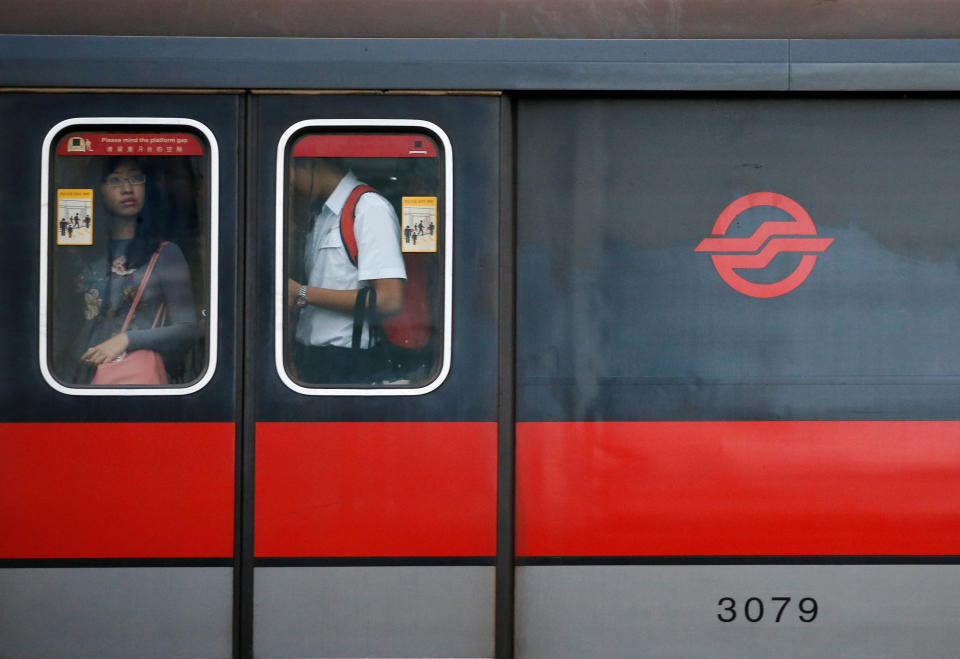SMRT aims to reduce any train delay to less than five minutes: reports

Train operator SMRT is aiming to reduce any train delays to less than five minutes, according to media reports.
Speaking at a press conference on Wednesday (28 March), president and group CEO Desmond Kuek said that SMRT is “gunning for zero safety breaches and zero delays of more than 30 minutes”.
“Our goal is to reduce any delay to less than five minutes and in the worst, ensure that it does not last longer than 30 minutes. It is these major incidents, lasting longer than 30 minutes that we must strenuously avoid.” Kuek did not indicate a timeline for achieving this target.
In 2017, there were nine incidents with delays that lasted more than 30 minutes, not including delays related to the new CBTC signalling system. This is compared with six such incidents in 2016.
According to SMRT, its trains also travelled further with fewer delays in 2017 compared with a year earlier. On the North-South Line (NSL), mean-kilometre between failure (MKBF), which measures delays of more than five minutes, more than doubled from 156,000km in December 2016 to 336,000km in December 2017.
For the East-West Line (EWL), its MKBF increased from 145,000km to 278,000km in the same period, while the Circle Line’s (CCL) increased from 228,000km to 523,000km.
“The reliability statistics show steady improvement especially in the last two to three years. But we acknowledge that they do not seem to square with commuters’ experience on the North-South and East-West Lines last year,” said Kuek.
“This is because of project-related disruptions faced between May to October in the implementation of the new CBTC signalling system. This data is not captured in the MKBF numbers because MKBF data is used for comparing the intrinsic reliability of the network from year to year, without the temporal and possibly distortive effect of short-term projects.”
While SMRT has set the “bold” target of achieving 1 million in MKBF by 2020, Kuek acknowledged that the two major incidents in 2017 had shaken public confidence. In October, a flood in the Bishan-Braddell tunnel resulted in a delay of about 20 hours, while a train collision at Joo Koon MRT station the following month saw 36 injured.
“Both incidents were most regrettable, and gave us cause to pause, reflect on shortcomings and resolve to do better to address underlying discipline and process issues that led to the breaches,” said Kuek.
Related stories:
Public transport fare formula to be revised amid rising costs: PTC
Khaw Boon Wan shares ‘good news’, ‘bad news’ on MRT re-signalling works
SMRT CEO Desmond Kuek indicates to staff he has no plans of stepping down soon


